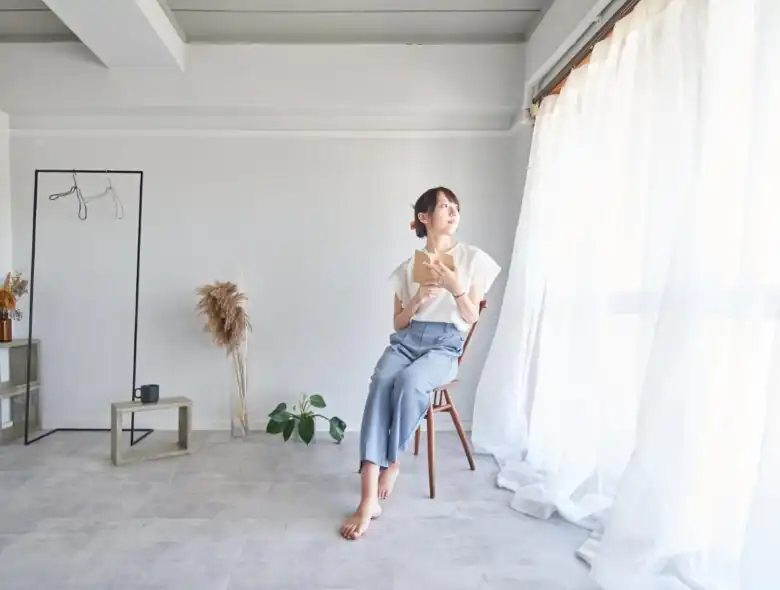A “minimalist” is someone who lives a lifestyle maintaining an appropriate quality of life by owning the bare minimum necessities. There could be a lot of people who yearn for a stylish and clean interior and a lifestyle that carefully selects the things they like and need.
This article sheds light on the characteristics of a minimalist and how to live comfortably. We hope this will be helpful for those who are interested in minimalism or want to incorporate it into their daily lives.
Village House offers simple and reasonably priced properties throughout Japan. Also, there are no deposits, key money, renewal fees, or handling fees. If you want to move into a house but also want to save money, we invite you to check out our website.
Who is a Minimalist?
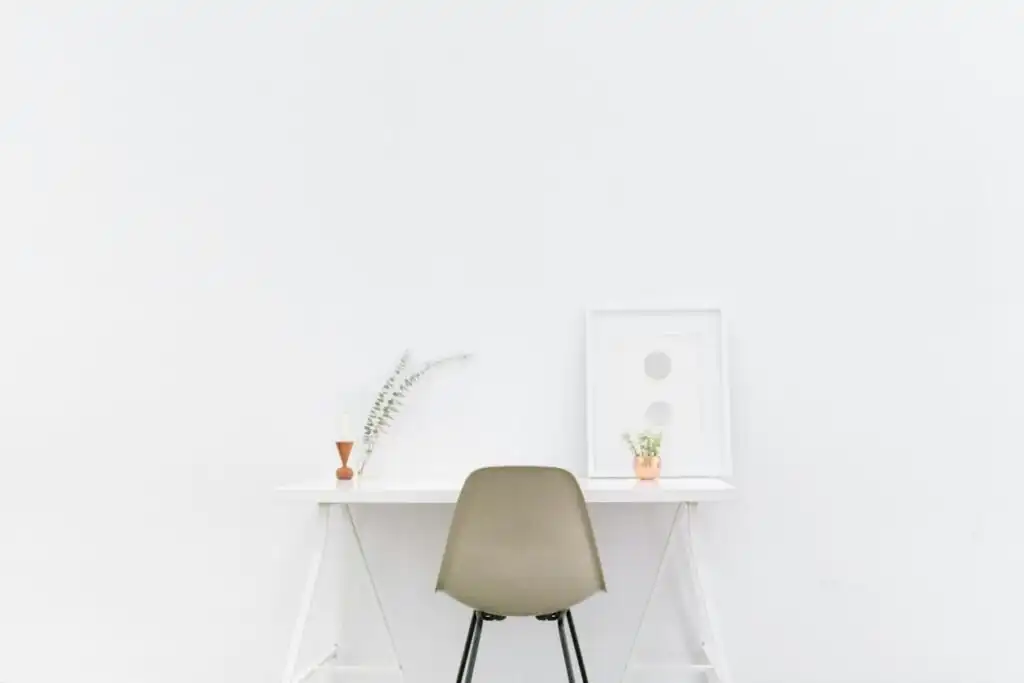
A minimalist is someone who lives with only the minimum necessities. Deriving from the word “minimal”, the term “minimalist” became popular around 2010 and is still being incorporated into the lifestyles of many age groups.
Minimalism isn’t just about reducing the number of things, but about having the minimum amount you need to live a comfortable life for yourself. For example, owning more than one of the same item is fine as long as it enhances the quality of your life.
While a clean and clear space is attractive, you also need to consider how comfortable it is to live in. In other words, minimalists aim for a “comfortable minimal life” rather than an “extreme minimal life.”
Also, in recent years, with the spread of the internet and smartphones, we have been inundated with not only things but also information. Even if you collect a lot of things, swayed by ever-changing trends, you may not feel satisfied. It is also not uncommon for people to find it difficult to live without being able to discern what is truly necessary from the vast amount of information available.
It is considered that the term “minimalist” has gained attention as a result of the growing need to live comfortably at one’s own pace and with ease, without being at the mercy of information and things.
What is the difference between minimalism and decluttering?

To begin with, a minimalist describes a person or a lifestyle that does not own unnecessary things and finds value in living with only the bare necessities. On the other hand, decluttering refers to the actions, means, and ideas of cutting off unnecessary things, discarding what is not needed, and letting go of attachment to things.
While decluttering refers to the process or act of organizing things, minimalism refers to the lifestyle that comes after decluttering. Although decluttering and minimalism may seem similar, there is this difference.
You can live comfortably even in a small room
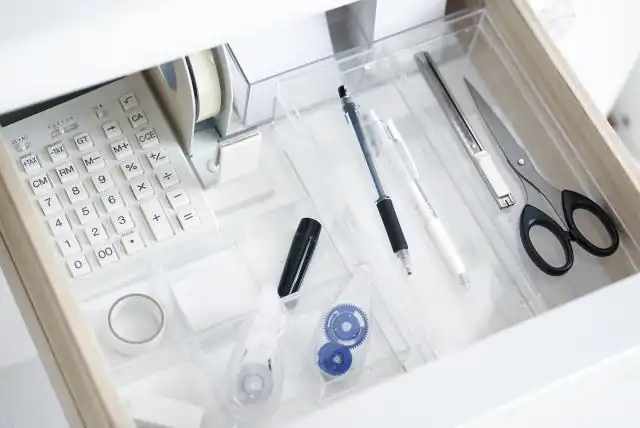
Minimalists, who live with the bare minimum necessities, can live comfortably even in a small room. So, here are 6 key points to live a minimalist lifestyle.
1. Reduce unnecessary things
By eliminating your attachment to things, you will be able to decide whether they are necessary for you or not. We recommend that you start by sorting your items into three categories: “necessary items,” “unnecessary items,” and “pending items,” and then reduce them step by step.
2. Decide where to store things
Many people end up repurchasing items such as scissors and nail clippers because they don’t know where they kept them. However, if you decide where to store things, you can easily find them when you need them and avoid having to buy the same things.
3. Do not buy what you do not need
It is not recommended to purchase items right away just because they are cheap, such as specials or sale items. Even if they are cheap, it is important to consider whether you need them.
4. Buy one, throw one away
The rule is, for example, if you buy one piece of knitwear, throw away the one that you use less frequently. If you keep buying new things, you’ll run out of space. Therefore, it is important to be conscious to keep the number constant by getting rid of old items when you buy new ones.
5. Rent items that you use infrequently
It is also recommended to use a rental service for things you need but don’t use often, such as suitcases and clothes for ceremonial occasions. Also, by renting them on a case-by-case basis, you have the advantage of being able to incorporate trendy designs.
6. Maintain the stock of daily necessities at a minimum
Daily necessities such as detergent and toilet paper are convenient to have in stock, but having too many items tends to take up storage space. It is best not to stock items that can be purchased nearby, but to replenish them when needed.
You can save money by choosing high-quality items that last long
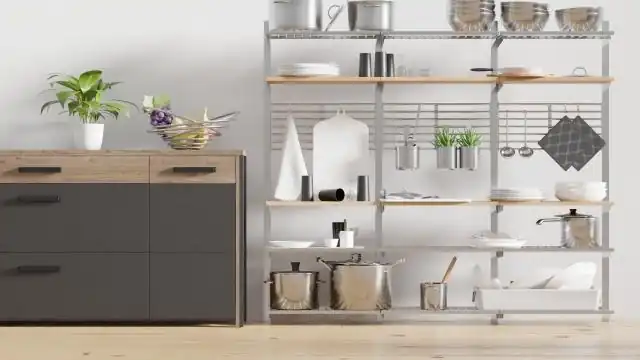
Minimalists tend to choose items that are long-lasting and of good quality. Although the initial investment tends to be high, they choose items that can be used over the long term because they are carefully made and durable, resulting in savings.
Furthermore, when it comes to “living with the bare minimum possessions” one of the key points is whether or not a single item can fulfill multiple roles. For example, when choosing home appliances and furniture, you can improve your lifestyle while reducing the number of things you own by choosing items with multiple functions rather than those with a single purpose.
Therefore, it can be said that minimalists are characterized as those who choose the most suitable possessions while being conscious of the balance between “quality” and ”multifunctionality”.
There is a cost reduction in living expenses as there is no need to make extra purchases
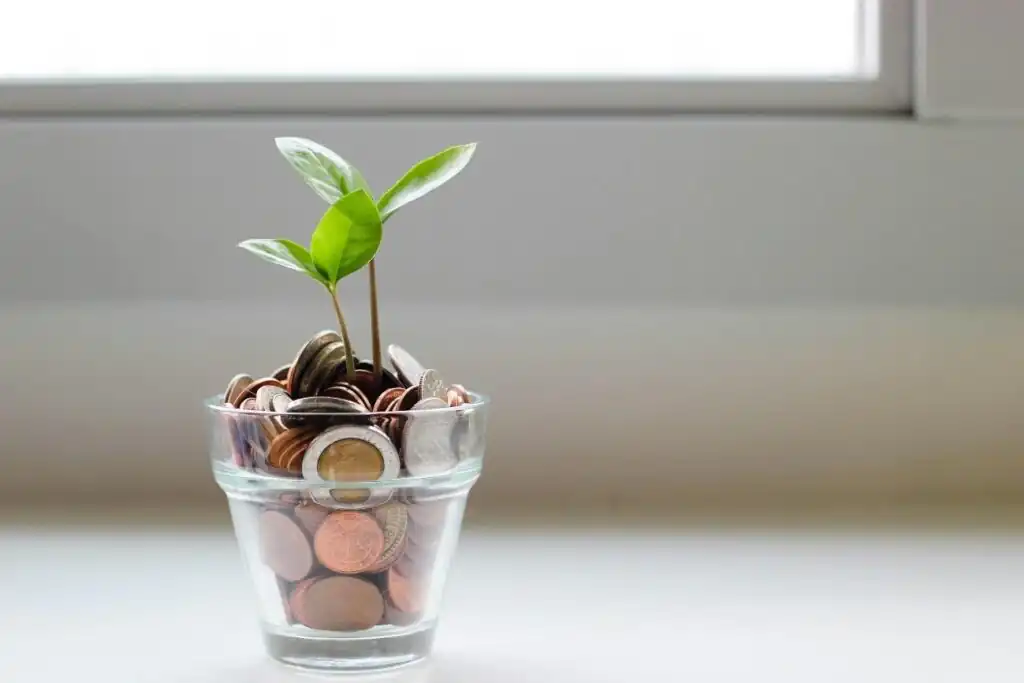
With the bare minimum of necessities, minimalists can lead a lifestyle that maintains a suitable quality of life, and thereby reduces the cost of living. For example, it can be said that deciding on the number of clothes and the number of shoes can reduce unnecessary costs.
In recent years, there has been an increase in the number of minimalists living in 3-tatami, one-room rental housings with a loft. In the city center, there are many new buildings built for minimalists that are just a 5-minute walk from the station.
Also, even in areas such as Meguro and Shinagawa, which are located in central Tokyo and have high rental prices, it is not uncommon to find properties within a 10-minute walk from the station with rental prices ranging from 50,000 to 60,000 yen. Therefore, if you are not particular about the size of your apartment, you can choose a property that is cheaper than the market price with favorable conditions.
More free time
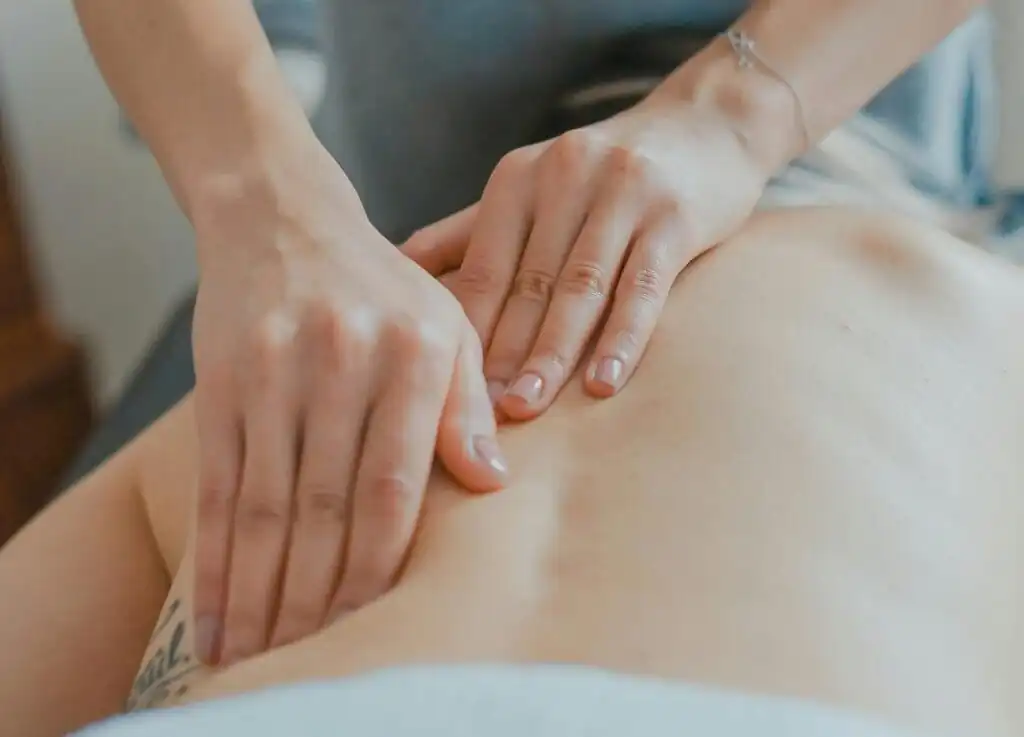
Minimalists have more free time. When you have less stuff, you spend less time looking for things and less time cleaning your room, which gives you more time. Also, by wearing carefully selected clothes, you won’t have to spend time choosing between outfits. Having more free time also brings benefits such as being able to pursue hobbies and spend time on self-improvement.
Important points for minimalists

On the other hand, there are also disadvantages to be aware of when reducing your belongings.
- You end up throwing away even the things you need
If you become obsessed with throwing things away and end up throwing away the things you need, it will interfere with your life. Specially, you will need to secure the supplies you need in case of an emergency or disaster.
- You won’t be able to buy new things
If you become accustomed to a life without things, you may find yourself hesitant to buy something new even if you want one. You may not be able to make decisions when you go shopping, even though you need something. So, a proper balance is important.
- A decrease in material desires will reduce the motivation to work
Minimalists, who live with the bare minimum necessities, may feel less of a need to increase their income due to the fall in material desires and may lose motivation to work. As a countermeasure, when you start to feel that you have more money and time, it is a good idea to set goals such as fulfilling your hobbies or going on a trip.
Village House offers reasonably priced and nice properties throughout Japan with rents starting from 20,000 yen. If you are looking for an apartment, please feel free to contact us.
Related articles:
- Minimalism: How to Decorate Your Apartment without Clutter
- What are the Characteristics of a Minimalist? Introducing How to Live Comfortably with Minimum Necessary Belongings!
- What is minimalist living?
- Minimalist Living Room Ideas

Hello, I’m Machiko Doi, a freelance writer who writes about housing and living in Japan.
I live in an 80-year-old house that I inherited from my grandparents along with my two shelter cats and daughter.
We live a relaxed life while repairing the house.
I like to cook vegetables from the garden and fresh fish caught by my father, and enjoy them with cold beer on a hot day or hot sake on a cold day.


